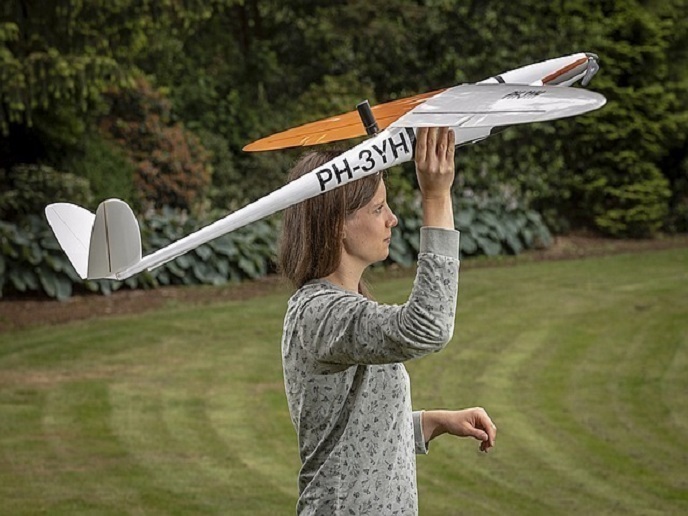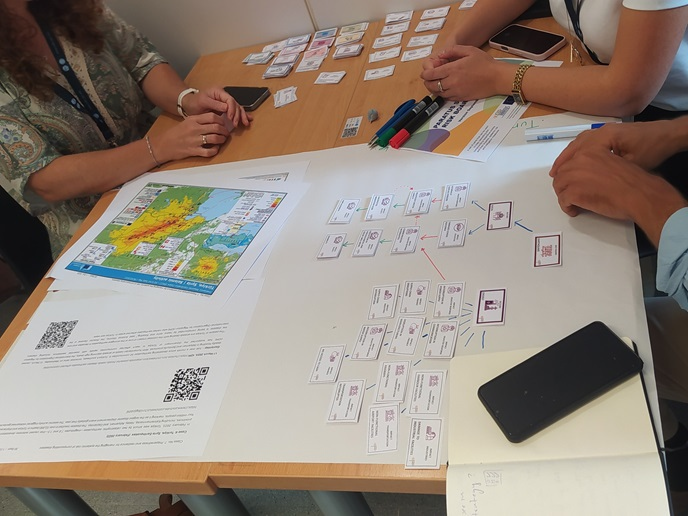In-depth study into bridging Israel’s digital divide
Thanks to EU funding, the DIGITAL DETOURS (‘Digital detours’ – How marginalized and underserved communities can overcome the digital divide) project sought to understand the information and communication needs of disadvantaged Israeli communities. It also gained insight into the ways ICTs can improve their lives and boost economic and cultural participation levels in society. To achieve its aims, the project looked into the demand side of the digital divide and the disparity in becoming a full member of the growing information society. This was done by employing a bottom-up analysis that was articulated by the needy themselves. Project partners mapped the underserved communities by gathering data about the digital divide and carrying out a longitudinal study that identified the real changes in the divide. Results show that the gap in the divide is not closing. The pursuit of change in communication and information policy in Israel is unsuccessful, as demonstrated by the difficulty in introducing the digital divide into policy discourse. Researchers identified six needy populations: Bedouin Arabs, Jewish-Ethiopians, ultra-Orthodox Jewish women, Palestinian-Israelis, African asylum seekers and the Bnei Menashe, a community of north-east Indians who immigrated to Israel in the 2000s. Interviews, ethnographic studies, analysis of their web activities and access to state-of-the-art equipment enabled project members to understand how ICTs can best serve the information needs of these populations. The DIGITAL DETOURS team also developed the theoretical foundations of a new model for understanding the digital divide. It identified policies tailored to such communities that are currently designed with little if any regard for the needs of the disadvantaged as defined by the needy themselves. This led to policy recommendations and interventions that address their needs. DIGITAL DETOURS advanced knowledge on the causes and nature of the digital divide in Israel, and on how the information needs of excluded and marginalised communities can be met.







